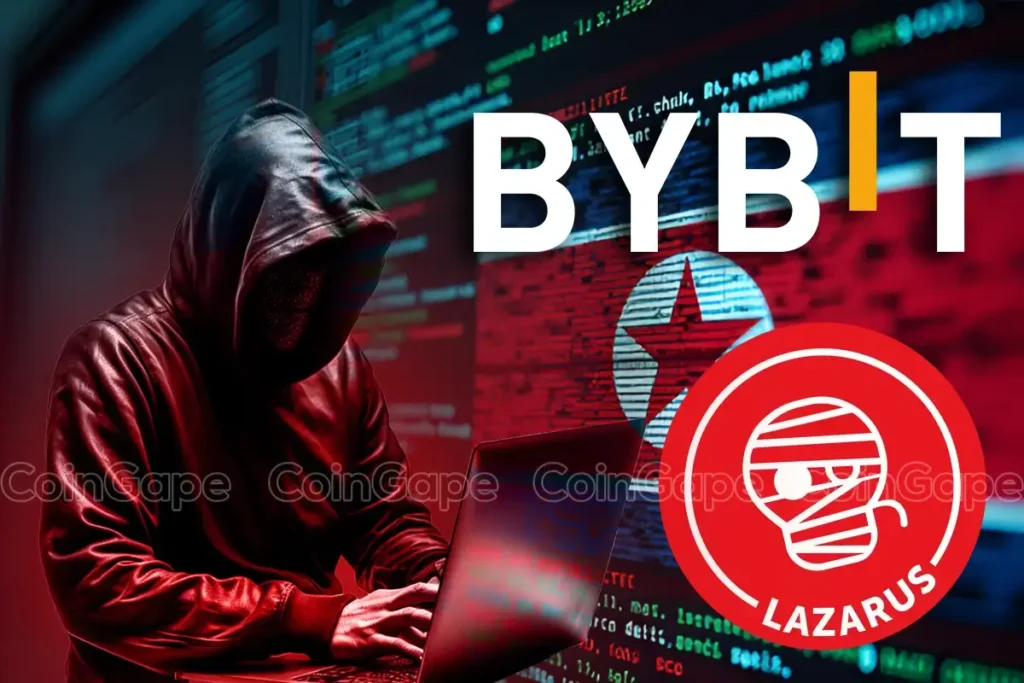The $1.4 billion breach at Bybit on February 21, 2025, orchestrated by the Lazarus Group, a North Korean state-sponsored hacking team, has sent shockwaves through the cryptocurrency exchange sector. Blockchain investigator ZachXBT quickly identified the hackers responsible, shining a spotlight on the elusive Lazarus Group once again. This article delves into the details of the Bybit hack, exploring the tactics employed by the hackers and the implications of this massive breach.
The Bybit hack, involving the theft of 401,347 ETH from the exchange’s cold wallet, was a meticulously planned cybercrime. By disguising a malicious transaction as legitimate, the hackers managed to breach Bybit’s supposedly secure offline storage solution. The CEO of Bybit, Ben Zhou, reassured users that all customer funds were safe, but the damage to the exchange’s reputation and the industry’s trust had already been done.
ZachXBT’s in-depth investigation linked the theft to the Lazarus Group, a notorious hacking group known for their state-backed cybercrimes. With a track record of high-profile heists, including the Ronin network heist and the Horizon bridge raid, the Lazarus Group has established themselves as formidable adversaries in the crypto space. Their ability to adapt and target vulnerabilities in the industry makes them a major threat to exchanges and users alike.
The Lazarus Group’s sophisticated tactics, such as using custom malware and social engineering techniques, enable them to swiftly move funds across multiple wallets, making it challenging to trace and recover stolen assets. The Bybit hack highlighted their expertise in exploiting weaknesses in even the most secure platforms, prompting a reevaluation of security measures within the industry.
The implications of the Bybit breach go beyond financial losses, as they underscore the geopolitical implications of state-sponsored cybercrime. With North Korea allegedly using crypto thefts to fund its missile program, digital wallets have become tools for advancing national interests through illicit means. As exchanges race to enhance their security measures, users are urged to exercise caution and consider self-custody options to protect their assets.
In conclusion, the Bybit hack orchestrated by the Lazarus Group serves as a stark reminder of the evolving threat landscape in the cryptocurrency industry. As hackers continue to target exchanges with increasingly sophisticated methods, the industry must prioritize cybersecurity to safeguard user funds and maintain trust in the ecosystem. By shedding light on the shadowy world of cybercrime, this incident underscores the need for constant vigilance and robust security measures in the face of determined adversaries like the Lazarus Group.


